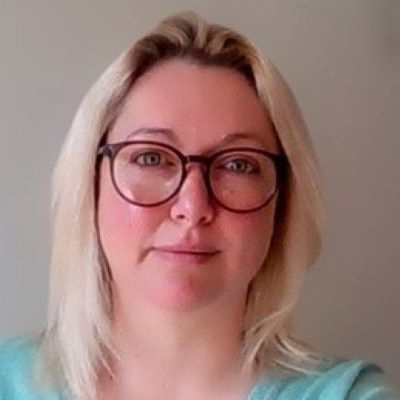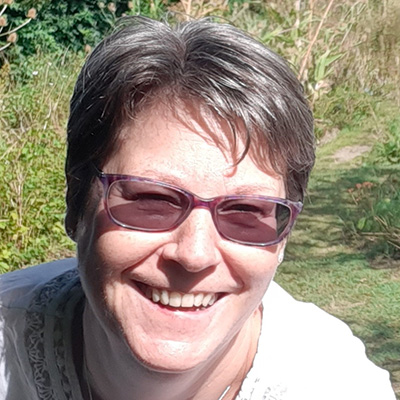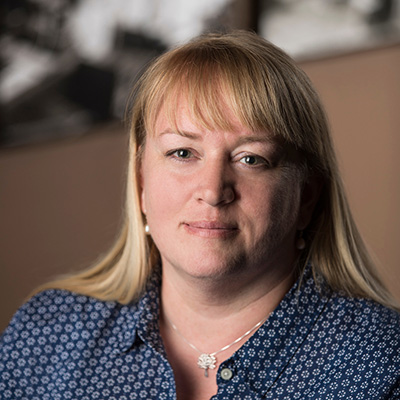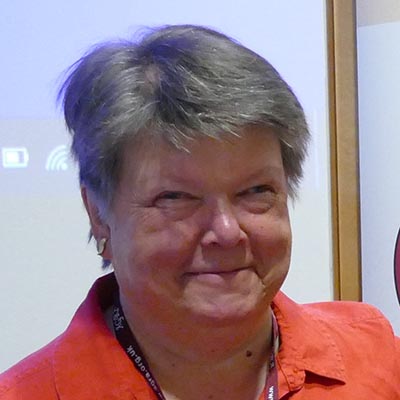The county of Hampshire covers over 1 million acres, bordered to the south by the English Channel and includes the Isle of Wight. As one might expect the ancestral roots of the county are widely represented by agricultural workers, but it also has a strong maritime history. This includes not only coastguards, fishermen, and latterly Merchant Navy seafarers, but also the Royal Navy with its Portsmouth dockyard, now home to Nelsons’s flagship HMS Victory. Join Gill for a user’s guide to online and offline resources, including local archive collections, a guide to boundary changes, and where to search for missing ancestors. Our aim is research enlightenment.









You should receive a confirmation email with a link to the webinar soon.
You’ll also receive a reminder both the day before and one hour before the webinar begins.
Didn’t receive a confirmation email?
You successfully registered for %s.
You should receive a confirmation email with a link to the webinar soon.
You’ll also receive a reminder both the day before and one hour before the webinar begins.
Didn’t receive a confirmation email?
To ensure a smooth, high-quality webinar experience, check the quality of your internet connection.
On the day of the webinar, connect 30–40 minutes before and turn off any background software. If you can’t tune in live, you can view the recording later in the Webinar Library. If joining via a mobile device, be sure to first install the free GoTo app.
Questions? Contact us or read our FAQ.
It looks like you’re already registered for this webinar
You can register for another webinar.
Didn’t receive a confirmation email?
It looks like you’re already registered for these webinars
You can register for another webinar.
Didn’t receive a confirmation email?
Something happened on our end, sorry about that
We were unable to complete your registration.
Please try again later.



